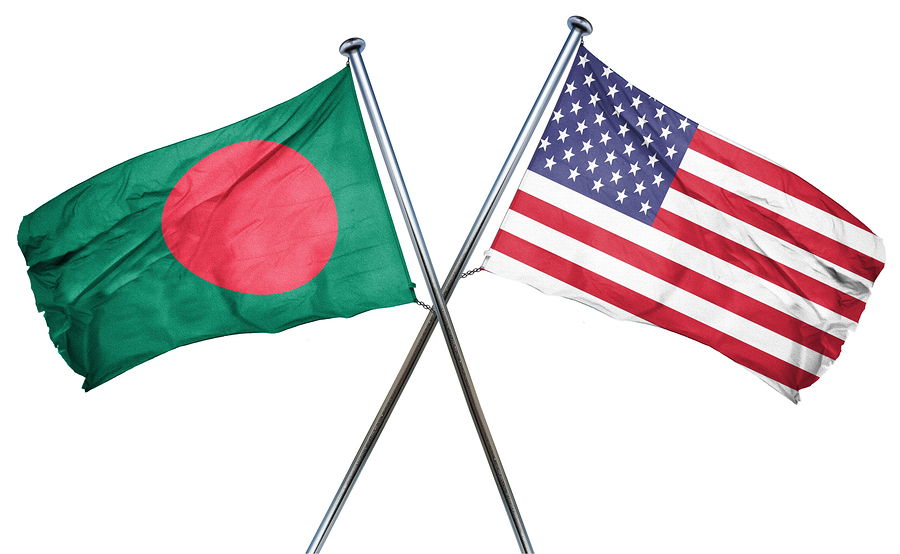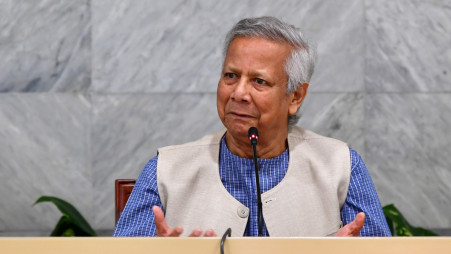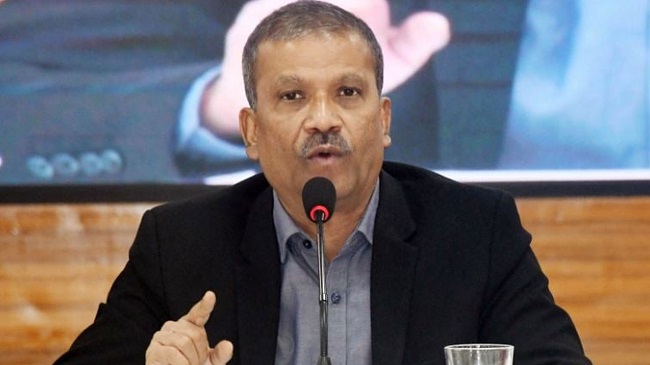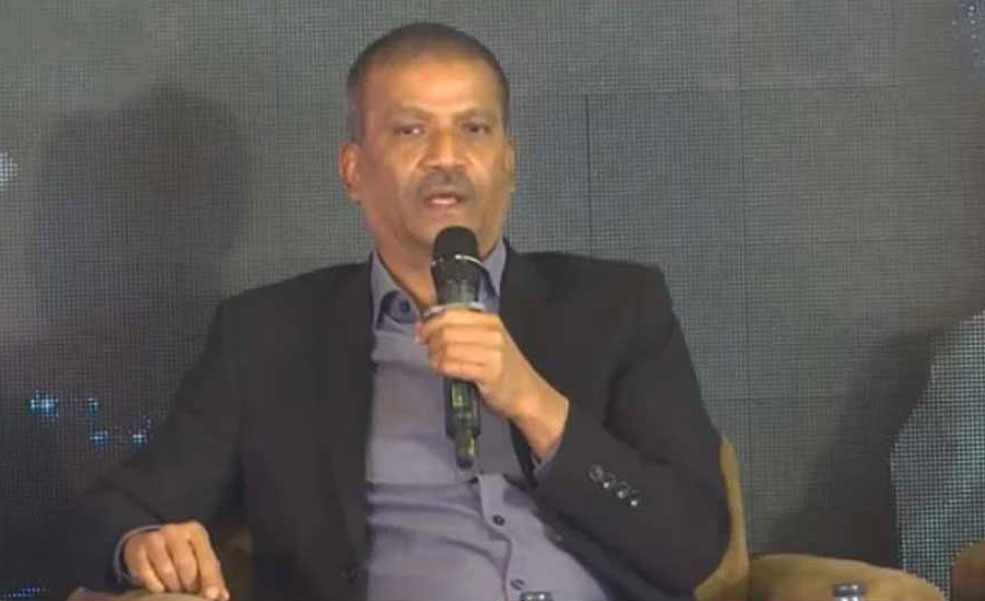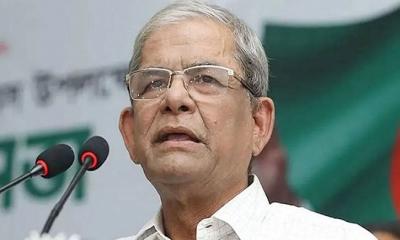Bangladesh diplomacy needs to be more proactive to buy time from Biden administration, which is pre-occupied by Covid-19 pandemic, for gains from Dhaka-Washington relationship, eminent personalities say
The relationship between Bangladesh and the United States, the largest economy of the world, should be dominated by trade and investment to benefit both the countries, eminent personalities said at a webinar on Tuesday.
They have also said that as the new administration under President Joe Biden is pre-occupied by the ongoing Covid-19 pandemic creating havoc across the US, the Bangladesh diplomacy needs to be more proactive in order to get time to make gains from the relations.
The Bangladesh Enterprise Institute, a think tank, organized the virtual program titled “Bangladesh-US Relations: Opportunities and Challenges” six days after the inauguration of the new American president, Joe Biden.
Foreign Minister Dr AK Abdul Momen attended the event as chief guest, while Private Industry and Investment Adviser to the Prime Minister Salman F Rahman was present as the guest of honour.
Foreign Secretary Masud Bin Momen, Bangladesh Ambassador to the US Shahidul Islam and US Ambassador to Bangladesh Earl Miller spoke as special guests as well.
BEI Distinguished Fellow Farooq Sobhan made the keynote presentation, while renowned academician Prof Rehman Sobhan and former foreign secretary Shamsher Mobin Chowdhury also participated in the program, moderated by retired ambassador and BEI President M Humayun Kabir.
The speakers said that, in today’s world, almost every relationship was shaped based on economy, and Bangladesh should not be an exception.
They expressed optimism that the new US administration would do more to put pressure on Myanmar to take the Rohingyas back home with dignity.
Efforts must continue to enhance cooperation between Dhaka and Washington with respect to terrorism, violent extremism, climate change, security, defence, poverty alleviation and women empowerment, they added.
There has also been a demand to get the Generalized System of Preferences (GSP) restored and allow duty-free, quota-free access for Bangladeshi RMG exports to the US market.
There were suggestions for exploring the possibility of signing a free trade agreement between Bangladesh and the US.
The speakers also lamented for the fact that no US president had visited Bangladesh since 2000, and called for measures for another such visit soon.
Referring to the repatriation of a convicted Bangabandhu killer, now residing in US, the foreign minister said the return of Rashed Chowdhury to Bangladesh could be game changer in the Dhaka-Washington relationship.
In his keynote speech, Farooq Sobhan, also a former foreign secretary, said the new US president had identified his priorities, some of which concerned Bangladesh, and called upon the country’s diplomats to play a proactive role in this regard.
Foreign Minister Momen said Bangladesh would continue making efforts to take the already good relationship to a new height.
Salman F Rahman said the development of trade and investment relationship would not only benefit Bangladesh but also will benefit the US.
He also stressed the need for projecting the positive image of Bangladesh on the face of the world.
On Indo-Pacific Strategy, Foreign Secretary Masud Bin Momen said Bangladesh might face a challenge with regard to balance its engagements with the US and China.
So Bangladesh will enter arrangements that are beneficial for the country, he said.
Bangladesh Ambassador in Washington Shahidul Islam said his mission was already trying to reach out to the new US administration.
US Ambassador to Bangladesh Miller also expressed his enthusiasm to move the relationship further.
He also laid emphasis on reinvigorating democratic institutions, good governance and human rights, and allowing civil society, journalists and trade unions to function.


